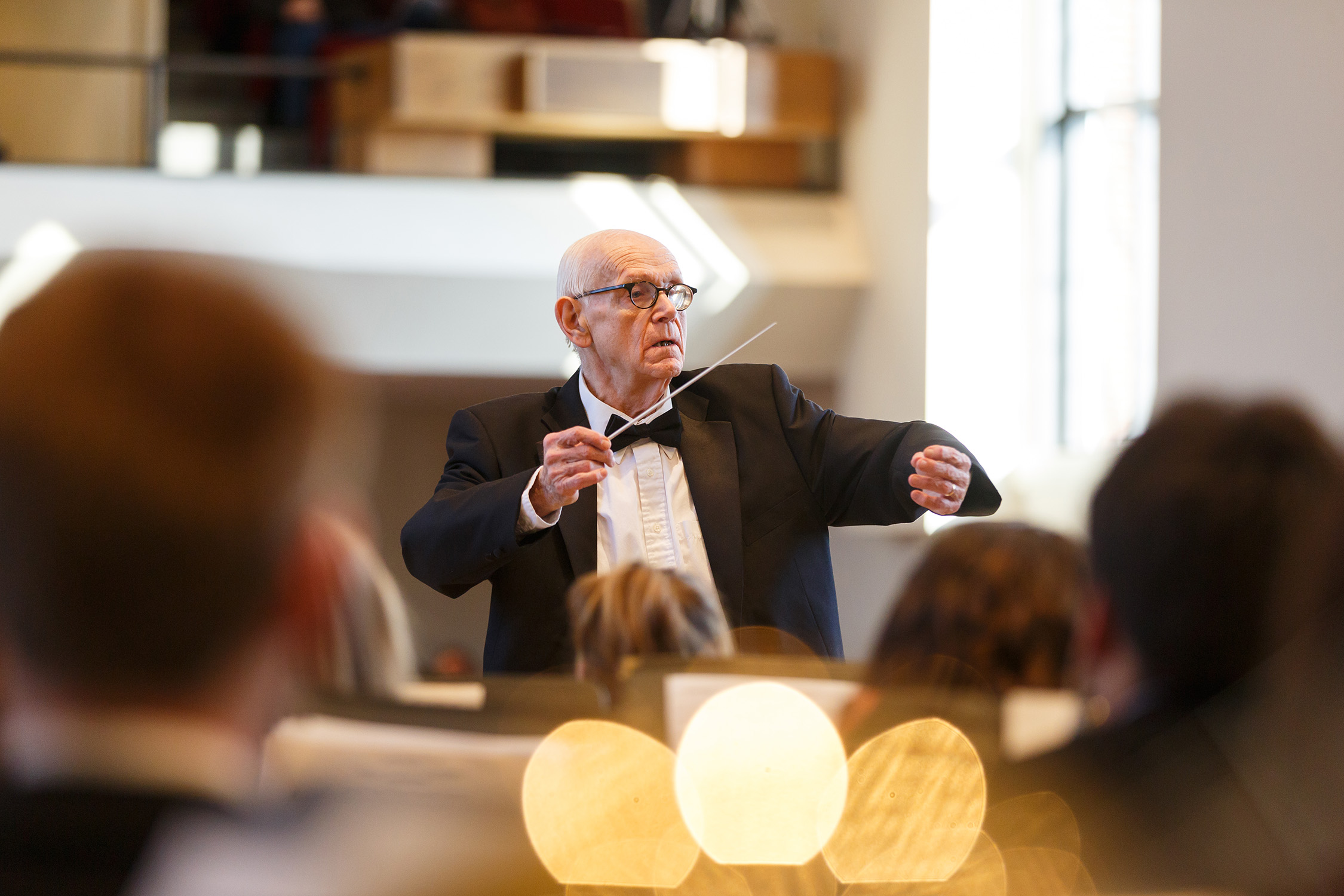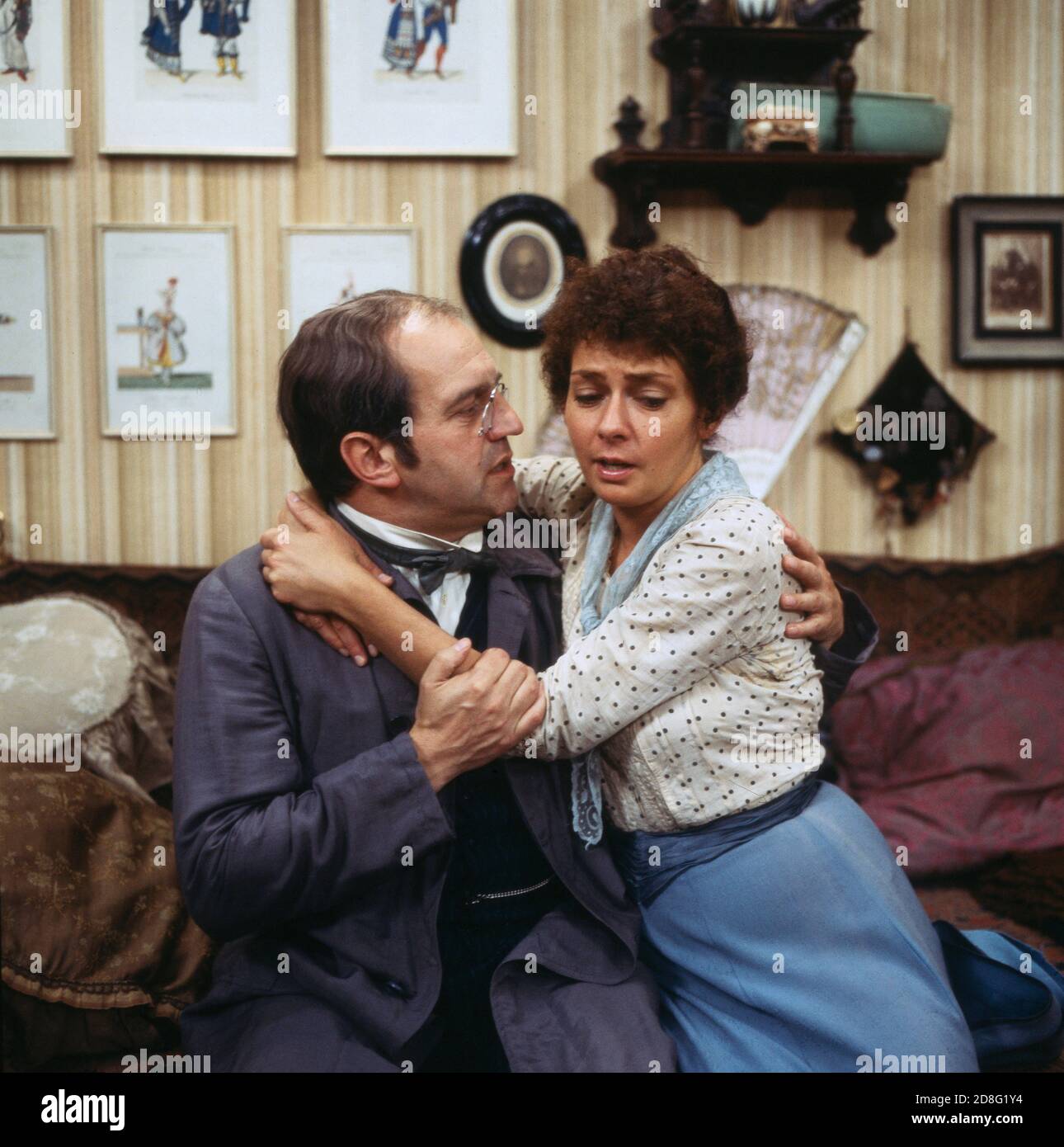Editor's Notes: "Otto Schenk: Renowned Opera Director, Actor, And Conductor" have published on date. This guide is an essential read for anyone interested in learning more about Schenk's remarkable career and his contributions to the world of opera.
In this guide, we will explore Schenk's early life and training, his work as a stage director, his career as an actor, and his conducting career. We will also discuss his most famous productions and his influence on the world of opera.
Key differences or Key takeways
| Category | Description |
| Early life and training | Schenk was born in Vienna, Austria, in 1930. He studied at the Vienna Conservatory and the Vienna Academy of Music. |
| Work as a stage director | Schenk began his career as a stage director in the early 1960s. He quickly became one of the most sought-after directors in the world, and he worked with some of the most prestigious opera companies, including the Metropolitan Opera, the Royal Opera House, and the Vienna State Opera. |
| Career as an actor | In addition to his work as a stage director, Schenk also had a successful career as an actor. He appeared in over 100 films and television shows. |
| Conducting career | Schenk began his conducting career in the late 1970s. He quickly became one of the most respected conductors in the world, and he led some of the world's most prestigious orchestras, including the Vienna Philharmonic, the Berlin Philharmonic, and the New York Philharmonic. |
| Most famous productions | Some of Schenk's most famous productions include his productions of Mozart's "The Marriage of Figaro," Verdi's "La Traviata," and Wagner's "The Ring Cycle." |
| Influence on the world of opera | Schenk is considered to be one of the most influential figures in the world of opera. He has helped to shape the way that opera is performed and enjoyed today. |
Transition to main article topics
In the following sections, we will explore each of these aspects of Schenk's career in more detail.
FAQs
If you have any unanswered questions, browse the following FAQs for more insights into the eventful career of Otto Schenk: renowned opera director, actor, and conductor.

Frank Schenk – Movies, Bio and Lists on MUBI - Source mubi.com
Question 1: What were the defining characteristics of Otto Schenk's directing style?
Answer: Schenk's approach was marked by a deep understanding of the music, a keen eye for detail, and a commitment to creating visually stunning and emotionally resonant productions.
Otto Schenk, an artistic visionary, has undoubtedly left an indelible mark on the world of opera. With his remarkable talent and unwavering dedication, he has shaped countless productions and inspired generations of artists and audiences alike.
Tips from Otto Schenk: Renowned Opera Director, Actor, And Conductor
In this section, we present valuable insights and tips from the esteemed opera director, actor, and conductor Otto Schenk, offering guidance for aspiring artists and those seeking to enhance their understanding of the performing arts.
Tip 1: Cultivate a Disciplined Approach
Schenk emphasizes the paramount importance of discipline in all aspects of artistic practice. He advises aspiring opera singers to establish a rigorous daily regimen of vocal exercises, including scales, arpeggios, and repertoire work, to develop and maintain vocal technique.
Tip 2: Embrace the Collaborative Spirit
Collaboration is an integral part of opera production, and Schenk stresses the value of building strong relationships with fellow musicians, stage directors, and technical staff. By actively listening to others and embracing different perspectives, one can foster a harmonious and supportive environment that elevates the overall artistic outcome.
Tip 3: Delve into the Character's Inner World
Schenk believes that a successful opera singer must possess the ability to fully inhabit the character they portray. He encourages performers to explore the emotional landscape of their characters, understanding their motivations, inner conflicts, and relationships with others, thereby creating a deeply resonant and believable performance.
Tip 4: Study the History of Opera
A thorough understanding of opera's rich history is essential for any aspiring artist. Schenk recommends studying the works of great composers, conductors, and singers, learning from their techniques and artistic vision. This knowledge informs one's own interpretations and helps to maintain the tradition and integrity of the art form.
Tip 5: Embrace Humility and Openness to Feedback
Schenk emphasizes the importance of humility and a willingness to receive feedback from others. He advises aspiring artists to approach criticism with a positive mindset, recognizing it as an opportunity for growth and improvement. By fostering a receptive and collaborative attitude, one can continuously refine their skills and enhance their artistic expression.
These tips from Otto Schenk provide valuable guidance for aspiring opera artists and enthusiasts alike, highlighting the importance of discipline, collaboration, character exploration, historical knowledge, and a humble and open approach to feedback. By embracing these principles, one can embark on a fulfilling and successful journey in the captivating world of opera.
Otto Schenk: Renowned Opera Director, Actor, And Conductor
Otto Schenk was a multifaceted artist who left an indelible mark on the world of opera, theater, and music. His exceptional talent and dedication extended across multiple disciplines, earning him widespread recognition and accolades.
- Directorial Vision: Schenk's innovative and insightful opera productions
- Theatrical Brilliance: His captivating stage presence and compelling characterizations
- Musical Interpretation: His sensitive and nuanced interpretations as a conductor
- Versatile Artistry: His ability to navigate effortlessly between opera, theater, and film
- Global Collaborations: Schenk's partnerships with major opera houses and orchestras worldwide
- Artistic Legacy: The enduring impact of his work, inspiring generations of artists
Otto Schenk's ability to masterfully blend these aspects set him apart as a true visionary. His productions were characterized by their imaginative staging, profound emotional resonance, and impeccable musicality. As an actor, he brought his characters to life with authenticity and charisma. His conducting showcased his deep understanding of music and his ability to draw out the best from orchestras. Schenk's legacy continues to inspire and influence artists and audiences alike.

Students reflect on lessons from world-renowned conductor – Central - Source news.central.edu
Otto Schenk: Renowned Opera Director, Actor, And Conductor
Otto Schenk was an influential figure in the world of opera, known for his innovative productions and interpretations of classic works. His career spanned over five decades, and he directed productions at major opera houses around the world, including the Vienna State Opera, the Metropolitan Opera, and the Royal Opera House in London.

Otto Schenk und Dolores Schmidinger in Das Veilchen, Regie: Otto Schenk - Source www.alamy.com
Schenk's productions were characterized by their attention to detail, their use of innovative staging techniques, and their emphasis on the dramatic and musical elements of the operas he directed. He was also known for his collaborations with some of the world's leading opera singers, including Placido Domingo, Luciano Pavarotti, and Renée Fleming.
In addition to his work as an opera director, Schenk was also an accomplished actor and conductor. He appeared in more than 50 films and television productions, and he conducted many of the world's leading orchestras, including the Vienna Philharmonic and the New York Philharmonic.
Otto Schenk was a true Renaissance man, and his contributions to the world of opera were significant. His innovative productions helped to change the way that operas were staged and performed, and his work continues to inspire opera directors and singers today.
Conclusion
Otto Schenk was a visionary director whose work helped to shape the world of opera for more than five decades. His innovative productions were characterized by their attention to detail, their use of innovative staging techniques, and their emphasis on the dramatic and musical elements of the operas he directed.
Schenk's work continues to inspire opera directors and singers today. His legacy is a reminder that opera is a living art form that is constantly evolving and changing.